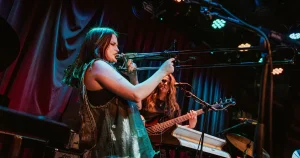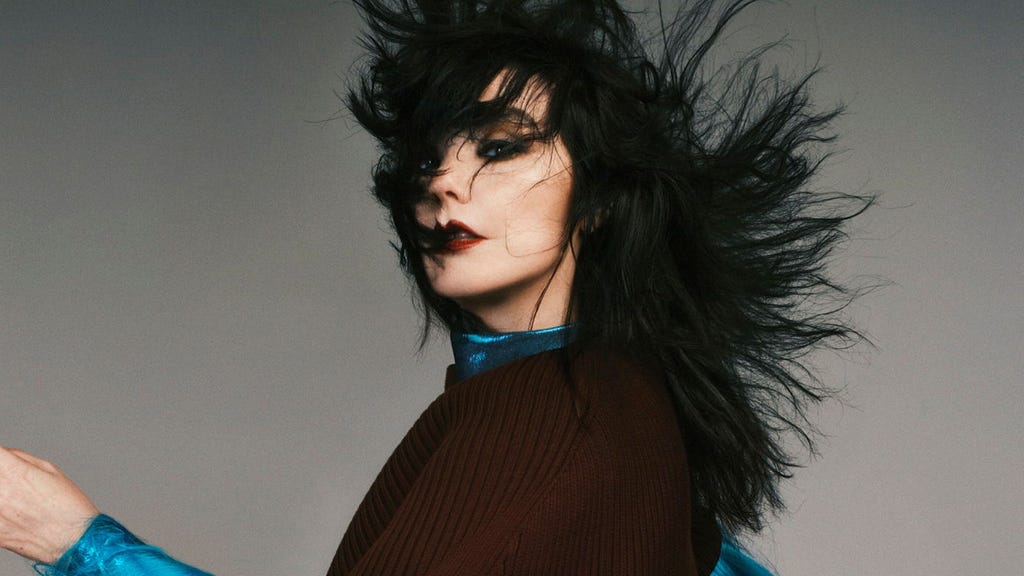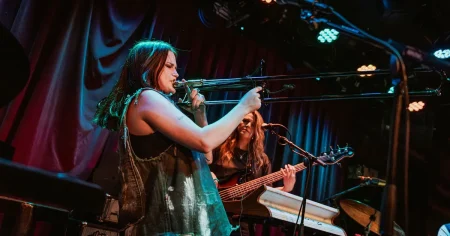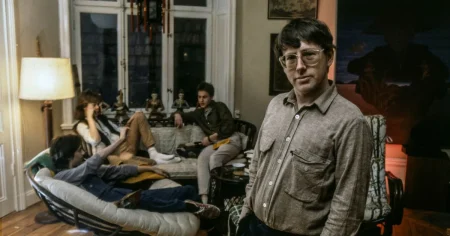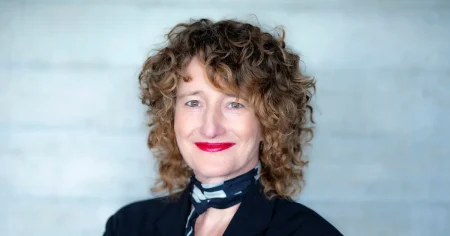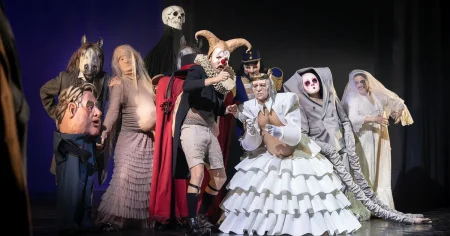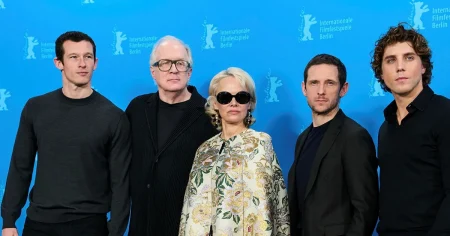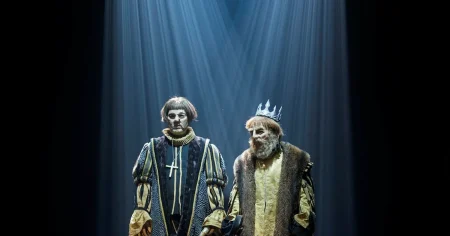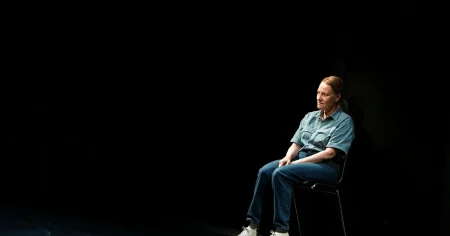Björk’s ”Cornucopia,” a concert film capturing her tour of the same name, offers a glimpse into a utopian matriarchal world, populated by flute-playing avatars and driven by a distinct feminine energy. The film, shot in Portugal and enhanced with digital effects, showcases Björk’s meticulous involvement in post-production, from color correction to animations. This deep immersion in the technical aspects of filmmaking, while rewarding, has pulled her away from her core identity as a musician, a role she eagerly anticipates returning to once the film is released. ”Cornucopia” stands in stark contrast to the male-dominated concert films Björk recalls from her youth, which often felt exclusionary and focused on individual virtuosity rather than communal experience.
Björk identifies a shift in the concert film landscape, attributing it to artists like Beyoncé and Taylor Swift, and herself, who prioritize emotional resonance and collaborative energy over ego-driven performances. This shift allows for a deeper connection with the audience, translating the nuances of human emotion, from sorrow to ecstasy, into a cinematic experience that transcends the limitations of simply documenting a live performance. The film predominantly features songs from Björk’s 2017 album ”Utopia,” which explores themes of healing and rebuilding after the emotional turmoil depicted in her previous album, “Vulnicura.” ”Utopia,” and by extension ”Cornucopia,” portrays a post-apocalyptic scenario where women and children escape to an island, finding solace and rebuilding their lives through music and community, before eventually reintegrating masculine energy.
Despite the passage of time since the release of ”Utopia,” the film’s themes of feminine resilience and rebuilding still resonate with Björk, although her perspective has evolved. While the album presents a somewhat binary view of masculine and feminine energies, her current worldview embraces a more nuanced, queer understanding of these forces, emphasizing their interconnectedness. The protracted process of touring and filmmaking has allowed Björk to incubate new musical ideas, with several songs already completed for a forthcoming album. This creative process, shrouded in secrecy, is essential for the germination and growth of her artistic vision, a stark contrast to the retrospective approach of anniversary tours favored by many of her contemporaries.
Returning to her roots in Reykjavík after years spent in the US, Björk finds herself deeply embedded in the local music scene, constantly immersed in the discovery and sharing of new music. She curates playlists, DJs at local events, and shares her latest musical finds with friends, perpetuating a lifelong passion for musical exploration. This vibrant community, coupled with the close proximity of family and friends, provides a fulfilling and balanced life, allowing her to nurture both her personal and artistic endeavors. This grounded existence contrasts with the demands of touring, which, while still a vital part of her artistic expression, is no longer a financial necessity, thanks to the ubiquity of streaming services.
However, Björk acknowledges the detrimental impact of streaming platforms on the financial stability of younger musicians, criticizing the shift in the music industry landscape caused by streaming culture. Her commitment to environmental activism, a longstanding passion, has taken a more direct and confrontational approach in recent years. Moving beyond advocacy and awareness campaigns, Björk now focuses on legal action, using the proceeds from her protest song ”Oral,” which criticizes industrial salmon farming in Iceland, to fund legal battles against environmental degradation. This shift reflects a growing frustration with the limitations of traditional activism and a belief in the power of legal frameworks to protect the environment.
This activist spirit manifests powerfully in ”Cornucopia.” Interrupting the flow of music and visuals, a handwritten manifesto appears onscreen, declaring a state of emergency and highlighting the urgency of addressing climate change. The Paris Climate Accord is framed as a utopian ideal, almost beyond comprehension, yet essential for the survival of our species. Björk criticizes the prevailing narratives of post-apocalyptic fiction, deeming them narcissistic and defeatist. She advocates for a proactive, optimistic approach, emphasizing the importance of imagination in envisioning a positive future and rebuilding a habitable world for future generations. This message of hope and resilience, woven throughout the film, underscores Björk’s commitment to using her art as a platform for environmental consciousness and positive change.




